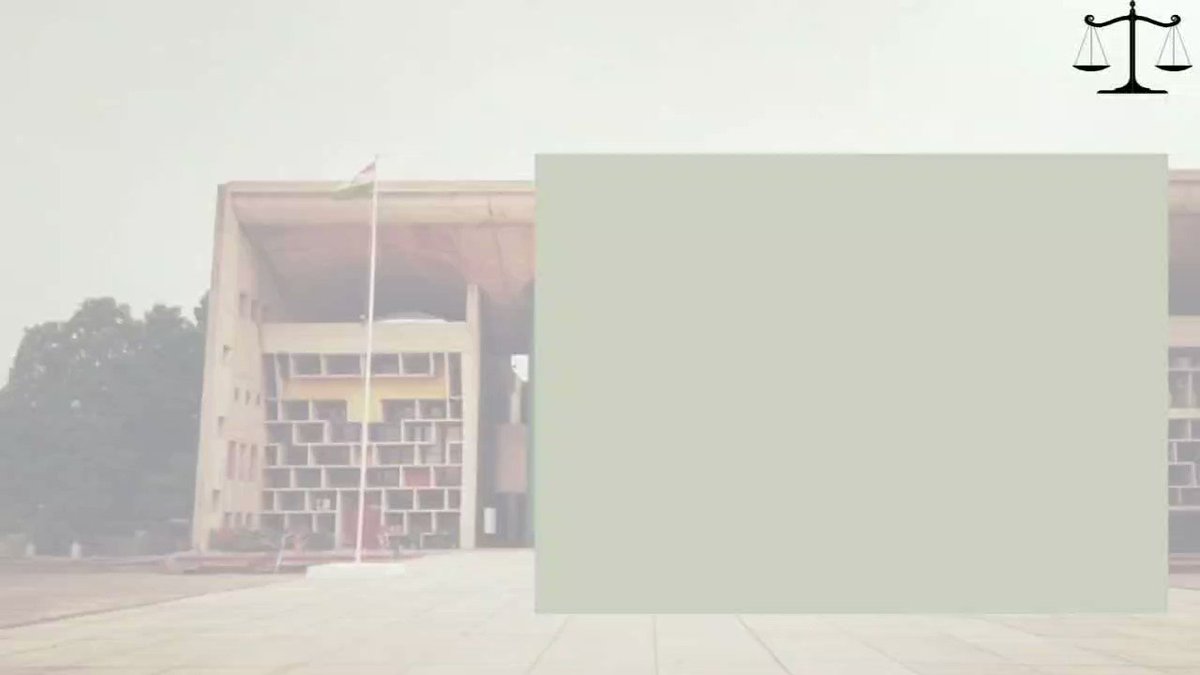Vaishnavi Shukla
12:33
12:34
12:36
12:37
12:37
12:38
12:40
12:41
12:42
12:44
12:44
12:45
12:45
12:47
12:49
12:49
12:49
12:53
12:53
12:54
12:55
12:57
12:59
12:59
1:00
1:04
1:05
1:06
1:07
1:08
1:11
1:27
Connecting…




